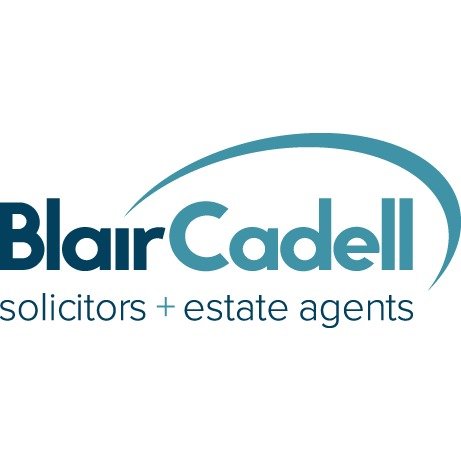Best Housing, Construction & Development Lawyers in Edinburgh
Share your needs with us, get contacted by law firms.
Free. Takes 2 min.
Free Guide to Hiring a Real Estate Lawyer
List of the best lawyers in Edinburgh, United Kingdom
About Housing, Construction & Development Law in Edinburgh, United Kingdom
The Housing, Construction & Development sector in Edinburgh, United Kingdom, operates within a robust legal framework. This encompasses regulations on land use, property rights, rental and lease agreements, housing discrimination, and building codes among others. The Scottish government has instituted protective legislation for tenants, while developers are required to adhere to specific planning permissions and development requirements.
Why You May Need a Lawyer
The intricacies of Housing, Construction & Development law can potentially make it challenging for individuals or entities to understand their rights, obligations, and the steps to ensure compliance thoroughly. You may need a lawyer if you are a landlord or tenant facing legal issues, a developer seeking permission for a new project, a home buyer encountering contractual difficulties, or if you are dealing with a dispute related to construction defects or property boundaries.
Local Laws Overview
In Edinburgh, key laws concerning Housing, Construction, & Development include the Housing (Scotland) Acts, Town and Country Planning (Scotland) Act 1997, and the Building (Scotland) Act 2003. The landlord-tenant laws are largely framed to protect tenants, with the Private Housing (Tenancies) (Scotland) Act 2016 offering additional protections. Contractors and developers, on the other hand, need to comply with a range of environmental, safety, and planning laws when procuring land, planning projects, and during the construction process.
Frequently Asked Questions
What are my rights as a tenant in Edinburgh?
As a tenant, you have the right to a habitable home and are protected against unfair rent increases and eviction. You are also entitled to specific rights regarding repairs, privacy, and anti-social behavior, among others.
What planning permissions are required for construction in Edinburgh?
Typically, planning permission is required for new buildings, major alterations to existing buildings, and to change the use of a building or land.
What legal remedies exist for construction defects?
If you encounter construction defects, you can typically seek remedies through the warranty provided by the builder or contractor, or alternately sue them for breach of contract or negligence.
What standards must new housing developments meet?
New housing developments in Edinburgh must meet standards defined by local building codes and the Building (Scotland) Act 2003 which covers safety, accessibility, sustainability, and the structural integrity.
Can a landlord evict me without a reason in Edinburgh?
No, under the Private Housing (Tenancies) (Scotland) Act 2016, landlords can only evict you on the grounds mentioned in the Act, such as breach of contract or if they intend to sell the property.
Additional Resources
For those seeking legal advice, the Edinburgh Council, the Scottish Housing Regulator, and Citizen's Advice Scotland provide valuable resources. The Law Society of Scotland can assist in finding a suitable lawyer with expertise in Housing, Construction & Development law, while Shelter Scotland and the Property Chambers offer advice on housing rights and disputes.
Next Steps
If you need legal assistance, consider seeking advice from a lawyer specializing in Housing, Construction & Development law. You can find such a professional through the Law Society of Scotland or Citizen's Advice Scotland. They will guide you through your legal rights, any relevant procedures, and represent you if necessary.
Lawzana helps you find the best lawyers and law firms in Edinburgh through a curated and pre-screened list of qualified legal professionals. Our platform offers rankings and detailed profiles of attorneys and law firms, allowing you to compare based on practice areas, including Housing, Construction & Development, experience, and client feedback.
Each profile includes a description of the firm's areas of practice, client reviews, team members and partners, year of establishment, spoken languages, office locations, contact information, social media presence, and any published articles or resources. Most firms on our platform speak English and are experienced in both local and international legal matters.
Get a quote from top-rated law firms in Edinburgh, United Kingdom — quickly, securely, and without unnecessary hassle.
Disclaimer:
The information provided on this page is for general informational purposes only and does not constitute legal advice. While we strive to ensure the accuracy and relevance of the content, legal information may change over time, and interpretations of the law can vary. You should always consult with a qualified legal professional for advice specific to your situation.
We disclaim all liability for actions taken or not taken based on the content of this page. If you believe any information is incorrect or outdated, please contact us, and we will review and update it where appropriate.










